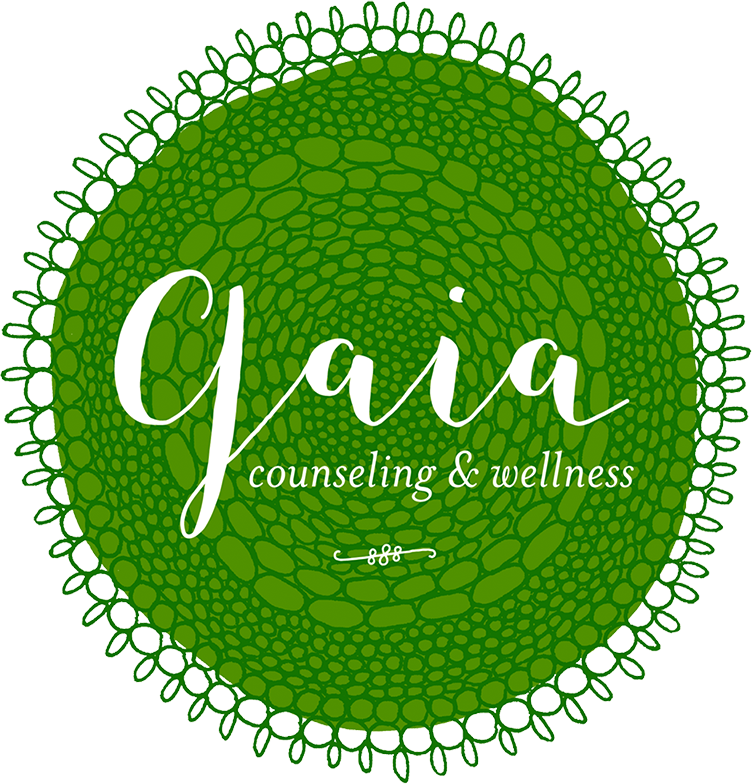Filial Therapy
Filial therapy is helpful both for parents who wish to strengthen their connection with a child and parents who are experiencing tension or power struggles in the parent-child relationship. This approach trains parents in some of the very same techniques that Play Therapists use! Through the implementation of "special play time" at home, the parent’s relationship with their child becomes therapeutic.
Benefits of Filial Therapy include:
● Developing confidence in your parenting skills
● Helping your child develop emotion regulation skills
● Helping you set appropriate limits & boundaries for your kids
● Understanding your child's emotional needs
● Communicating more effectively with your child
Filial Therapy is a play-based therapy program that is the “gold standard” for the treatment of behavioral, emotional, social, and attachment challenges. Dozens of studies confirm its effectiveness in improving relationships and alleviating children’s struggles. Filial Therapy recognizes that parents are the most important figures in their children’s lives, where a secure parent-child relationship full of warmth, trust, and responsiveness is critical to nurturing the child’s well-being.
Filial therapy enhances a child-caregiver relationship by empowering the caregiver with new and innovative ways to interact with their child. This unique form of therapy provides an environment in which the child receives concentrated attention from the caregiver, thus lessening the anxiety of the child and allowing him or her to unlearn behavior patterns that lead to miscommunication.
As therapists, we give parents the skills necessary to practice effective listening and respond to a child’s emotions as well as tools to help encourage the enhancement of the child’s self-esteem. The therapist teaches the parents how to set therapeutic limits and utilize principles of play therapy, and at-home sessions, and how to provide an authentically accepting and understanding atmosphere in which their child will find security to explore their own emotions, challenges, struggles, and the relationship with their caregiver.

